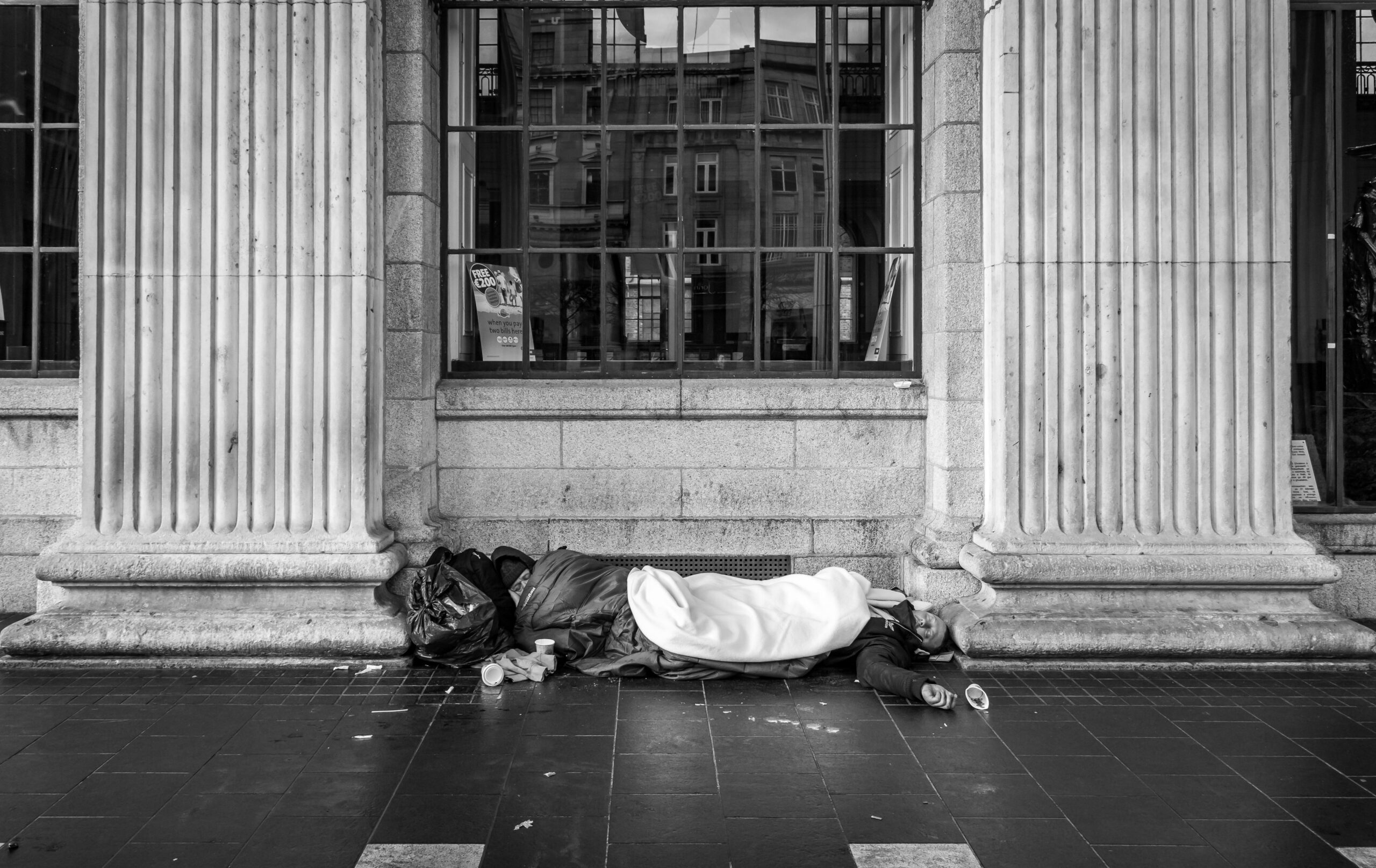This is the first in a three-part series that looks at how the economy and society are changing in Europe, specifically in Ireland. This part focuses on what Ireland needs to do today to address its most devastating disaster of the century. Part two will focus on the crises that Ireland needs to solve for tomorrow. Part three will look at how our individual lives will need to change in response to a drastic reordering of society. ***** Lately, I have been filled with anxiety and dread. Regardless of where I go or what I do, I can’t seem to…
Cancel at any time. Are you already a member? Log in here.
Want to read the full story?
Unlock this article – and everything else on The Currency – with an annual membership and receive a free Samsonite Upscape suitcase, retailing at €235, delivered to your door.

